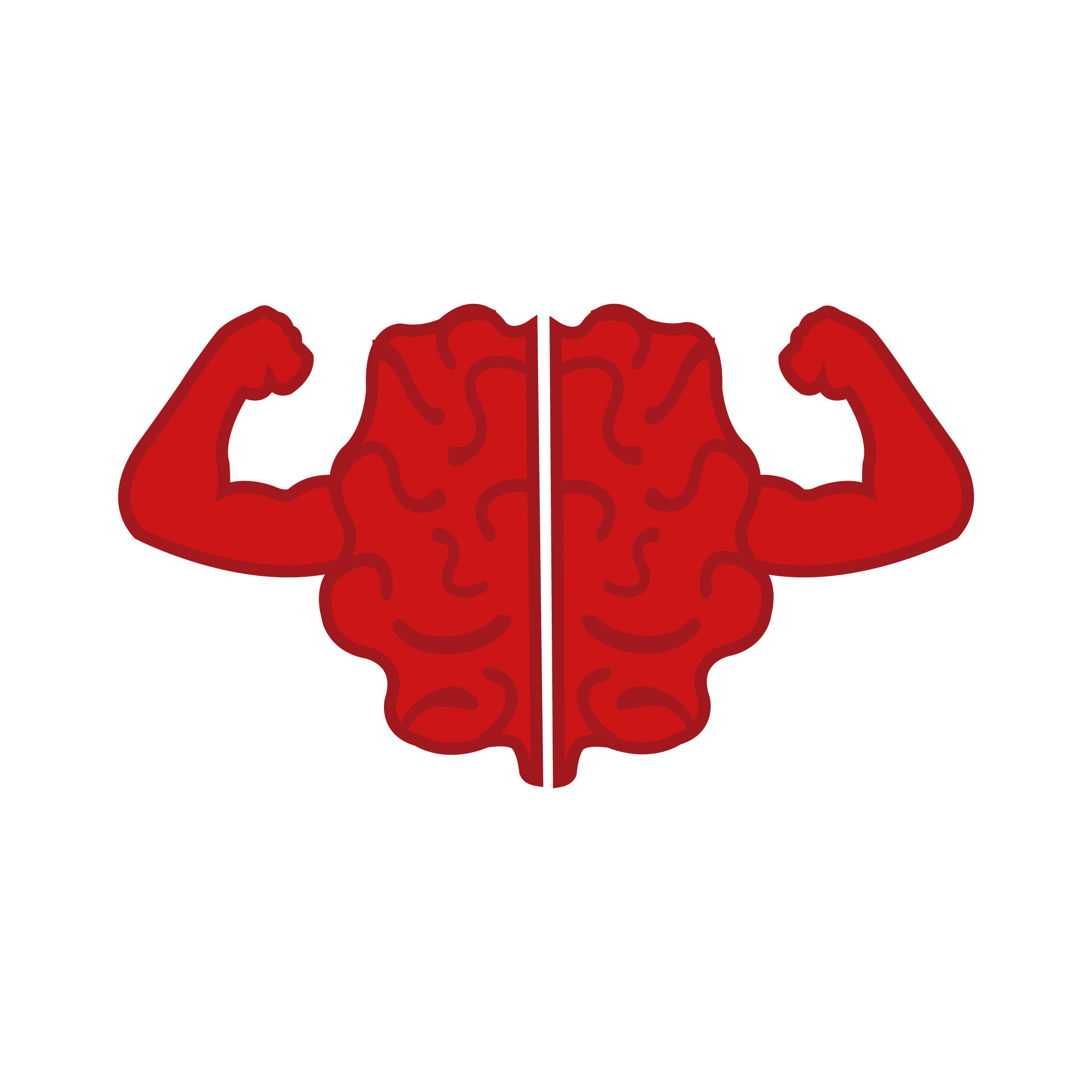A certain level of cognitive decline is normal as we age. While there is no known cure or set prevention protocol there are many methods claiming to help. The most popular method is the onslaught of apps delivering brain training games. They are fun and entertaining, but do they really work?
Let’s look at some stats and research.
According to the Alzhemier’s association 1 in 9 adults 65 and older have Alzheimer’s or 62 million Americans. Older adults are the fastest and largest growing population in the US and world-wide. As more people turn 65 these rates of Alzheimer’s and dementia are expected to also rise.
In an interesting review of the MANY studies done on brain training, this paper found that there’s very good evidence that doing those cognitive training games helps you get better at those specific games.
This is a no-brainer (sorry for the pun)! The SAID principle says you you will get better at precisely the exact thing you practice. Practicing the piano helps you get better at the piano. Will it help you get better at solving the Rubix cube? Probably (most likely) not!
In the above research review they also found that there is less evidence to show that these brain games help improve closely-related tasks and hardly any evidence that cognitive training games helped in real world scenarios.
A bigger flaw with almost all of these studies is something that isn’t being talked about-and that’s our activity level. Living a sedentary lifestyle is the norm, and has been for decades. Similarly obesity has become a GLOBAL PANDEMIC FOR DECADES!
What does this have to do with the brain training?
One of the most common forms of dementia is what’s called vascular dementia. Put simply, it’s chronic starvation of the brain of oxygen and blood. Exercise is SO powerful because when you exercise, your heart rate increases, shuttling more blood through your whole body-including the brain.
Movement is medicine. The more you move the more your brain lights up with activation. Most of all the studies done on brain training games are performed sitting down, being sedentary!
Enter Dual-Tasking
There is more and more research on dual-tasking, or combining exercise with cognitive stimulation training at the same time. Emerging research from the Frontiers in Aging Neuroscience shows that while done independently (cognitive training or exercise) has some improvements in cognition, doing them together is more beneficial and yields better results.
If you want to have better results with your cognition, you need to add movement with your brain training. The struggle is matching the cognitive load with a similar physical load.
If you are a master’s athlete or older adult looking for a senior fitness program and they don’t offer dual-tasking brain training, keep looking.
How do you “dual-task”?
Here’s an example of what we call cognitive agility where we implement dual-tasking for improved performance in sport and life with our senior fitness clients.
For best results, it’s best to have a professional help you dial-in which domain of cognition you need the most work on and create a plan to improve your fitness and brain health at the same time.

